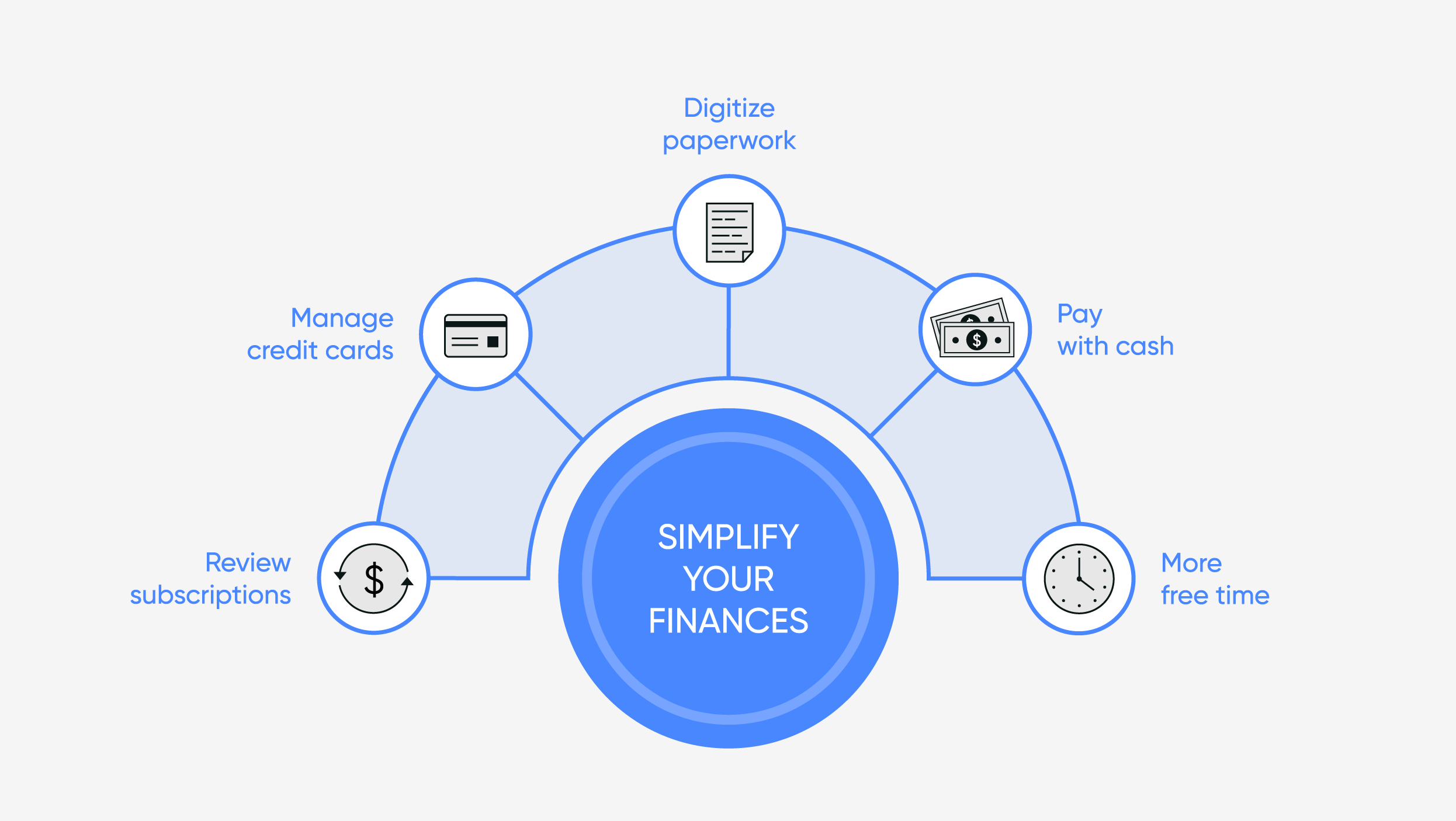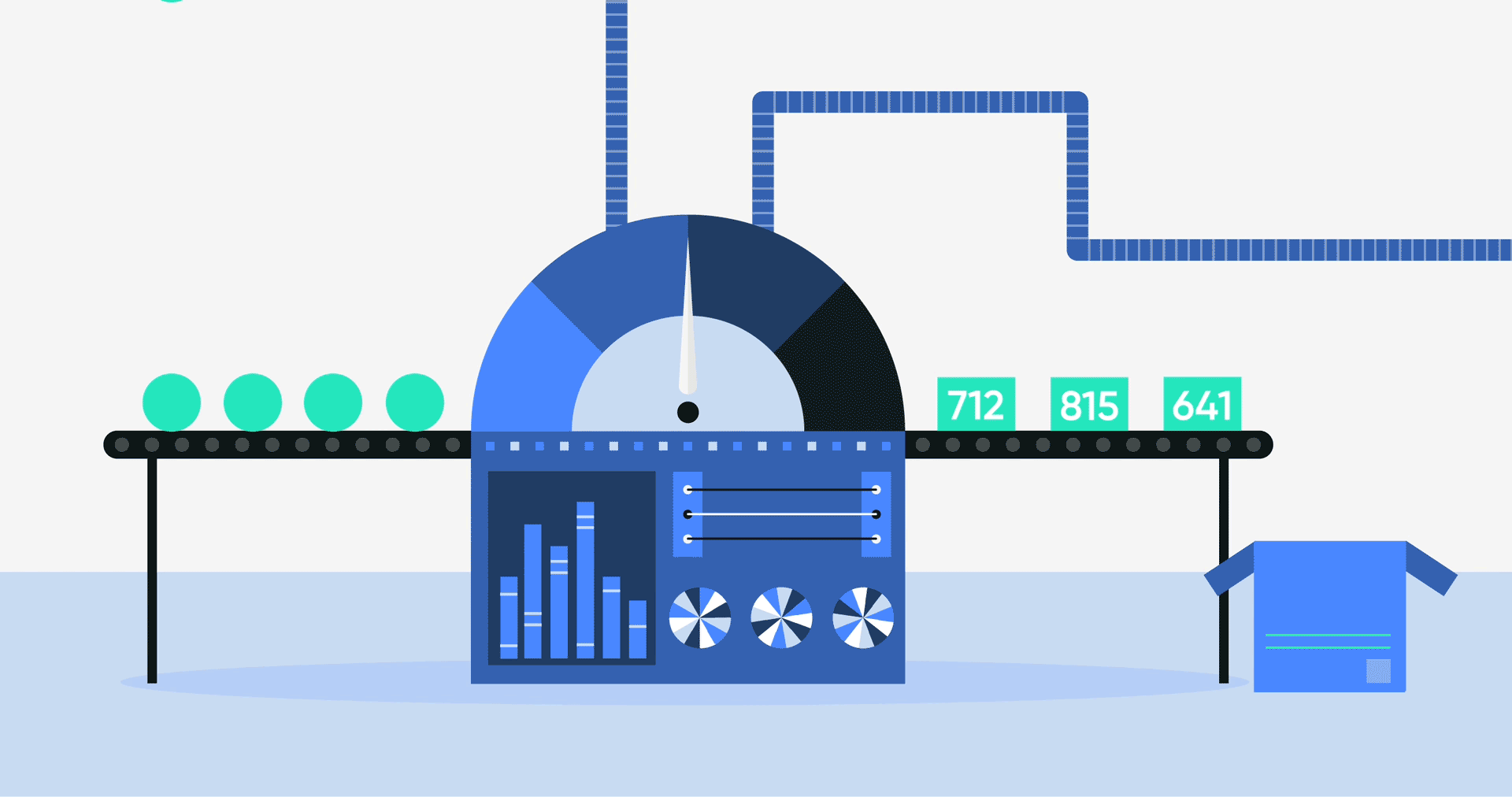
Financial success, in many ways, is a game that everyone is trying to master.
We did extensive research on how some of the biggest winners at this game play it and concluded that these 3 traits describe financially successful people:
#1: Financially successful people live below their means.
This may come as a surprise to some, but not many. I have met a handful of financially successful people in my life and the #1 similarity between these individuals was that all of them had a hard time spending their money. All of them talked about how they stick to a budget, only spend when necessary, and try to put money in their savings or toward their retirement fund. Emergencies come up sometimes, and having funds to take care of those situations is extremely helpful, especially in dire situations.
#2: Financially successful people always look for a bargain
Sometimes we assume that financially successful people spend their money on anything they want and don’t check the price tag. Though this may definitely be true for some, I wouldn’t say it is true for all. After doing much research online and reflecting on the financially successful individuals I have encountered myself, I’ve found that these individuals are always looking for the best deal. They don’t settle on the first item they see. Instead, they compare prices online, leave the store, check out another for the same item, and even negotiate. Just because they can afford it, doesn’t mean they are willing to spend all that money on the item(s). Financially successful people stay financially successful because every penny counts.
#3: Financially successful people have an aversion to debt
Most financially successful people you meet or read about usually say that they keep their debts to a minimum or pay them off quickly. They typically talk about their debt payoff strategy and target ones that are small and easy. These individuals also make sure that when they do take out any loans, they pay attention to interest rates! This is extremely important when taking out any loan or opening a new credit card. Credit cards, like TomoCredit, offer credit with 0% APR/interest, so it is helpful to those who don’t want to rack up a ton of interest fees when opening a new line of credit.
In conclusion, we feel that financially successful people have these 3 traits. That’s not to say that all financially successful people do or don’t and that others who are not financially successful yet do or don’t either. But if you do have these traits, you are on your way to financial freedom!










